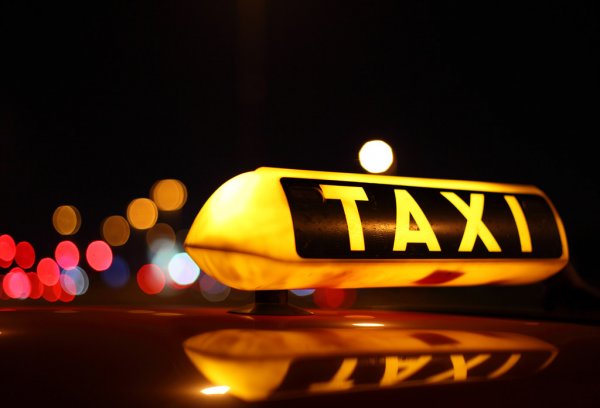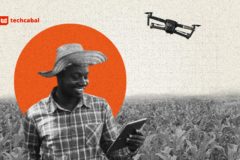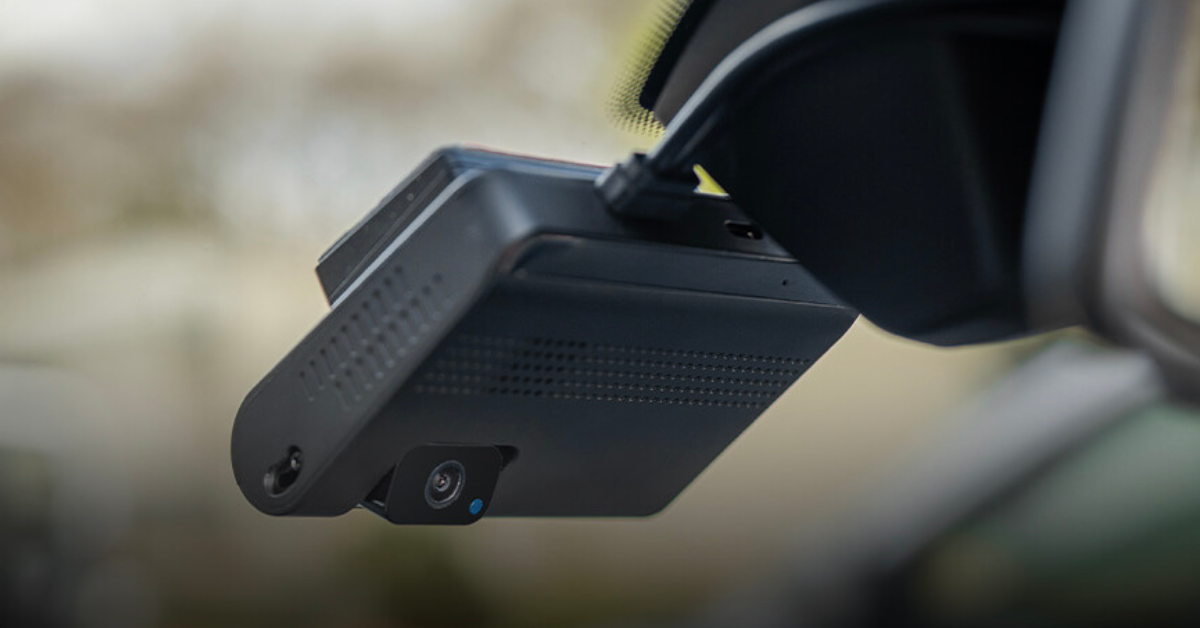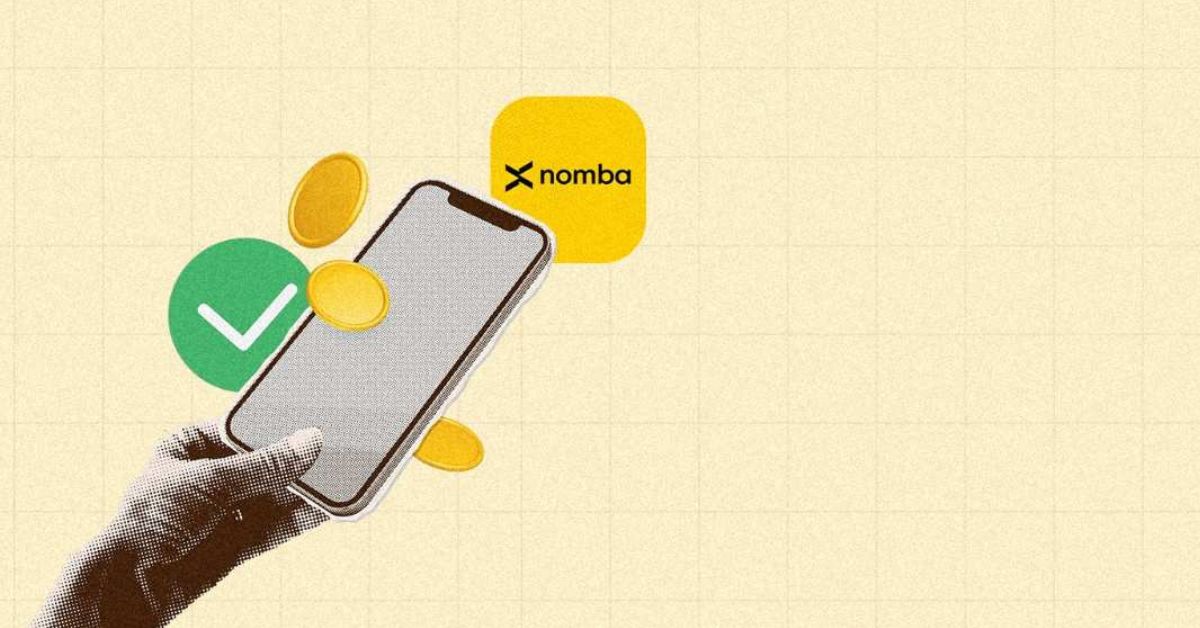Last week, we reported the most recent fallout between Uber, Bolt and the Nigerian ride-hailing union-AUATWON. The fallout centres on Uber and Bolt challenging the legality of the newly formed AUATWON. This reporter interviewed drivers of Bolt and Uber, and they spoke about their understanding of the situation.
Celestine Finbar has been a long-standing driver with Uber. On a ride, he told me, “We [Drivers], Bolt and Uber are partners and not employees. “We are helping to make sure that Uber and Bolt stay in business.”
Finbar explained that the reason why the union was formed in the first place was to protect the economic interests of members. He went on to explain how insecurity, price regulation, vehicle maintenance and the lagging economy make it difficult for drivers to breakeven. “When we looked at the challenges we face as drivers, we decided to go in a legal way and form a union that the government recognises to look into it,” he said.
Drivers rating and scorecards pose barriers to profit
According to him, the activity score and driver rating posed by Uber also makes it difficult for drivers to thrive in the business. Finbar said some drivers had been blocked or suspended from the ride-hailing platform as they failed to measure up to the rating and scorecard. “If Bolt and Uber know that we (drivers) are really partners (contractors), they should remove most of these things away, even if they want to include it, they should judge the metrics by hearing from both parties (drivers and riders) and not just judge their metrics on one party’s opinion only,” he said.
Per his explanation, it is the customers who decide what goes into a driver’s rating on the platform,. “Due to insecurity in the country, there are some places that drivers cannot go to. And once you decline, it affects your driver’s score, and once your driver’s score is too low, Uber blocks you,” he said. “We try to make our riders very comfortable, laugh and share jokes with them all because of our ratings,”
Drivers take their stance
Finbar said that asides from the Amalgamated Union of App-based Transport Workers of Nigeria (AUATWON), ride-hailing drivers belong to other groups, with each group containing up to 200 drivers who could choose to boycott Uber, Bolt and other ride-hailing platforms if conditions were unfavourable.
Finbar describes the AUATWON as an “infant movement” but believes that the union will help address the underlying issue. “For me, I think that the AUATWON is a great union and I like what they are fighting for. But, I personally don’t rely on any union. If I have any complains, I email Uber directly”
Christian Ifeanyichuckwu, a driver with Bolt is indifferent about the union but believes the ride hailing union is important in making the voice of the drivers heard. “I really do not pay much attention to any union or gathering, I just come out any day I come out, do what I can do and go. It’s actually not my main focus” he said. “Despite the fact that I don’t identify with the union, I still think the union is quite important because your voice will be heard better when you’re speaking as a group. he said. “I don’t identify with the union because I am not really doing Bolt full time. But the union is important for the benefit and the betterment of the drivers.”
Ifeanyichuckwu’s reasons for not identifying with the union are not far fetched, “I don’t identify with the union because I am not really doing Bolt full time. But the union is important for the benefit and the betterment of the drivers,” he said.
Moshood Basiru, an Uber driver, said he was unaware of the recent million-man protest threatened by the AUATWON. Similarly, Kelvin Kenneth, a Bolt driver, expressed his surprise upon learning about the protest and that he was hearing about the AUATWON for the first time. “Honestly, I don’t know about the union. This is my first time hearing it.” he said.
Kenneth says he would rather be a contractor with Bolt rather than an employee. “Being an employee would be salary based and also there will be fixed time and dates for work which won’t give you time or opportunities to run other businesses,” he said. “But as a contractor you choose your work time and your payment. For instance I did not work throughout March for some reason, I just resumed again last week. It won’t be possible if I am an employee”
Samuel Hassan, a driver with Bolt who regularly plies the Muritala Muhammed Airport route, says he was aware of the protest but didn’t participate. “I heard about the protest on the radio,” he said. “At the airport, we have our own union of Bolt and Uber drivers. And our leaders and executives fights for us. There was a time when we were not allowed to pick passengers from the airport, our chairman had to call Uber to interfere in the matter and it was resolved.”
Hassan believes that Bolt needs to do better, given the current situation. “The union (AUATWON) was formed in other to fight for the rights of the drivers. Uber and Bolt should do better than lobbying to revoke the licenses. Likewise, Finbar believes that a discussion between Bolt, Uber, and the ride-hailing union may settle the conflict. “We hope that Uber and Bolt can meet with the AUATWON and have an open discussion to resolve this issue,” he concluded.




















